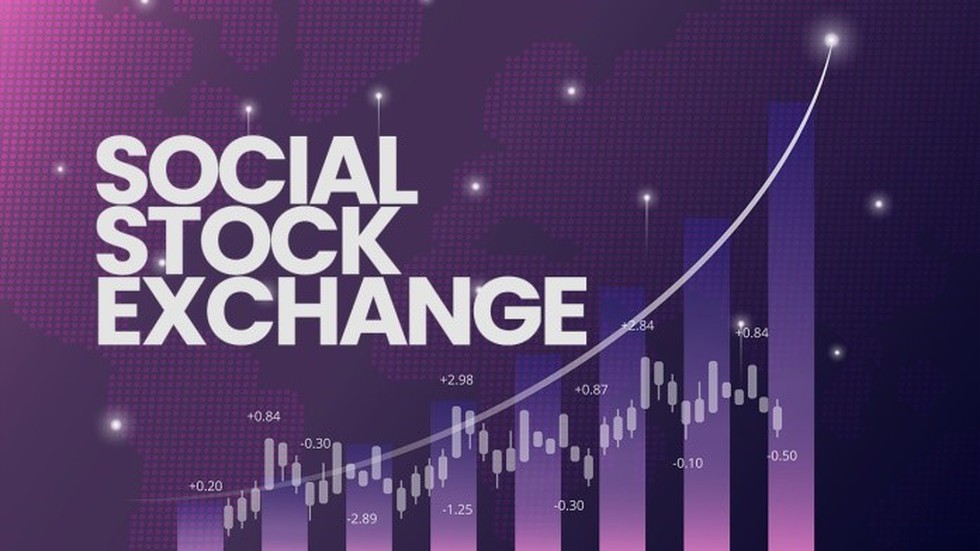Are you among the investors grappling with the decision of whether to book profits or ride the bull run, or perhaps pondering if it’s the opportune moment for a new investment? In this article, we present an unbiased analysis that aims to equip you with the insights needed to make a well-informed decision.
The biggest news right now is “India to Become World’s Second-Largest Economy by 2075,” Goldman Sachs Forecasts.

Goldman Sachs has forecast that India will become the world’s second-largest economy by 2075, overtaking the United States.
The investment bank’s report, titled “How India Could Rise to the World’s Second-Biggest Economy,” projects that India’s GDP will reach $52.5 trillion by 2075, up from $2.9 trillion in 2022.Goldman Sachs cited a number of factors for its bullish outlook on India, including the country’s large and growing population, its rising middle class, and its increasing integration into the global economy.
The report also noted that India has made significant progress in recent years in terms of economic reforms and governance.
“India is well-positioned to achieve its goal of becoming the world’s second-largest economy,” said Santanu Sengupta, Goldman Sachs Research’s India economist. “The country has a young and growing population, a rising middle class, and a strong commitment to economic reform.”
However, the report also warned that India faces a number of challenges, including income inequality, infrastructure bottlenecks, and political instability.
“India needs to address these challenges in order to achieve its full potential,” said Sengupta. “But if it can do so, it will be well-positioned to become a major economic power in the 21st century.”
Why, then, should we engage in this conversation now? While the prospect of news from 2075 is undeniably fascinating, it remains disconnected from our immediate concerns as investors in 2023. It is during this time of anticipation for answers that may shape our investment journey for better or worse. While optimism is admirable, adopting a logical and discerning approach will prove to be the key to long-term growth and profitability in our investment endeavors.
Another good news story for bulls is that “Morgan Stanley predicted that the index will hit 68,500 points by December, marking a 10 per cent rally from its current level.” On the other hand, the Monetary Policy Committee (MPC) of the Reserve Bank of India decided to maintain the repo rate at 6.5 per cent at its monetary policy meeting.”
Now, let us turn our attention to the other side of the same coin.”

Jeremy Grantham made his name predicting the dot-com crash in 2000 and the financial crisis in 2008. Now, the famous investor warns another epic bubble in financial markets is bursting — and the turmoil that swept through the banking sector last month is just the beginning.
“Other things will break, and who knows what they will be,” Grantham told CNN in an exclusive interview. “We’re by no means finished with the stress to the financial system.”
The co-founder of investment firm GMO is known for his bearish views. A frenzy in multiple US markets spurred by rock-bottom interest rates after the coronavirus pandemic led Grantham to call “one of the great bubbles of financial history” back in 2021.
Since early 2022, when the S&P 500 hit an all-time high, US stocks have dropped about 15% as central banks have jacked up borrowing costs. But Grantham sees much steeper declines on the horizon.
The “best we can hope for,” he said, is a fall of about 27% from current levels, while the worst-case scenario would see a plunge of more than 50%. The low point might not arrive until “deep into next year,” he added.
You might wonder why we are engaging in a discussion about the USA. Here’s the answer: in today’s interconnected global economies, foreign institutional investors (FIIs) play a significant role in our stock market. According to Jeremy Grantham, the recent invention of Artificial Intelligence (AI) has effectively prevented the occurrence of a super bubble burst, resulting in record market highs. However, it is important to note that, according to the same expert, while the impact can be mitigated, it cannot be completely avoided.
As investors, we desire to capitalize on the bull market without encountering any corrections.
"It is very difficult, not only for retail investors but also for professionals, to predict the top and bottom of the market. You can't predict when a correction may take place or how long a bull run may continue, but you can take some steps that might protect your hard-earned money."
Even after carefully considering both perspectives, you may find yourself caught in a web of uncertainty and confusion, grappling with how to draw conclusions and distill the necessary actions as an investor.The paramount question that lingers is what actions should be taken by Indian investors or any investor, for that matter.
After conducting an in-depth analysis, we have arrived at several actionable steps that Indian investors, or any investor for that matter, can consider:
- Implementing hedging strategies to mitigate potential losses in the event of a market downturn.
- Being mindful that professionals may engage in profit booking as the market reaches new highs.
- Exercising caution and avoiding excessive greed in investment decisions.
- Diversifying investment portfolios to avoid overexposure to a single financial instrument.
- Maintaining a disciplined approach by considering risk-reward ratios and implementing strict stop-loss orders.
- Refraining from seeking advice from unregistered or unreliable investment advisors.
- Striving to develop a realistic and practical financial plan rather than indulging in overly ambitious or speculative strategies.
By incorporating these steps, investors can navigate the ever-changing market landscape with greater confidence and prudence. - Market is supreme, don’t try to challenge it. Avoid emotional decision making.
If you aspire to be a part of the stock market as an investor, invest your time in learning. It will elevate you into a realm of being a better investor and decision-maker. And if you find yourself in need of assistance, don’t hesitate to consult with professionals who can provide expert guidance.










